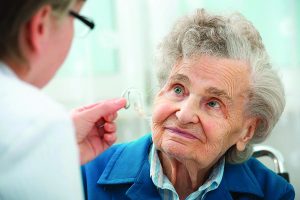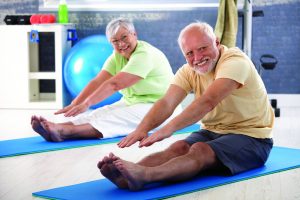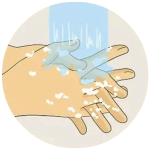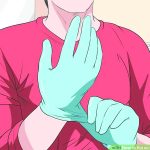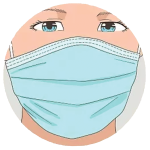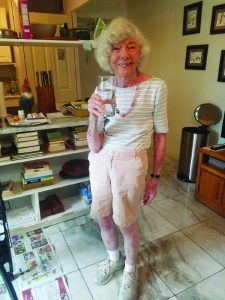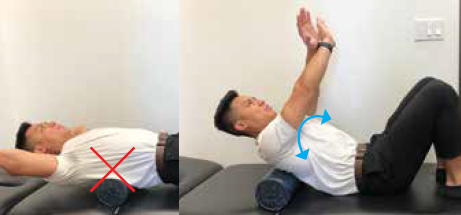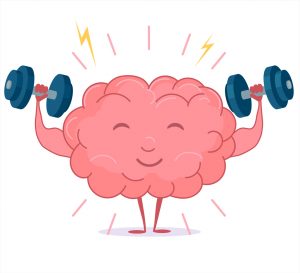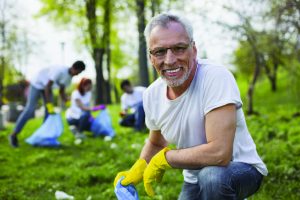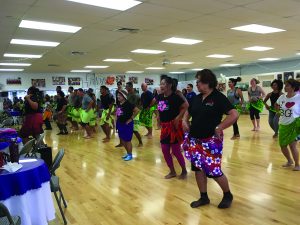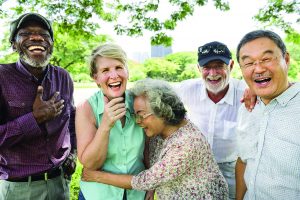With advances in medical technology, including diagnostic testing, prescription ordering and even making appointments, we may struggle with how care is coordinated and delivered. The focus on current clinical treatment and replacement of a real person with a recording has moved us farther from the traditional approach of face-to-face care and compassion-oriented interactions. The Latin root for the word “compassion” is “pati,” which means to “suffer;”
the prefix “com” means “with.” Therefore, to have compassion literally means to “suffer with.”
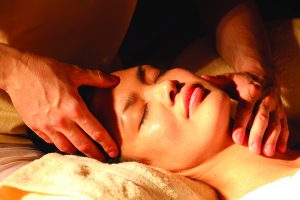 Compassionate care involves addressing the needs of the individual as a whole — their physical, emotional, social and spiritual needs. While providers dedicate themselves to managing the physical symptoms of aging and disease, seniors may experience other pain as well, on a mental and spiritual level. Why is this happening to me? What will happen when I die? Will my family survive my loss? How will I make it through this? The time has come for us to find other avenues to help our family members cope. Here are some thoughts that may help find meaningful answers to these questions:
Compassionate care involves addressing the needs of the individual as a whole — their physical, emotional, social and spiritual needs. While providers dedicate themselves to managing the physical symptoms of aging and disease, seniors may experience other pain as well, on a mental and spiritual level. Why is this happening to me? What will happen when I die? Will my family survive my loss? How will I make it through this? The time has come for us to find other avenues to help our family members cope. Here are some thoughts that may help find meaningful answers to these questions:
✦ Helping patients practice some form of religious or spiritual belief has been found to promote a happier disposition in individuals with advanced cancer diagnoses, who also, consequently, report having less pain. Common spiritual practices are performed by those who bring a faith-based system into their lives. The idea they would be in the loving presence of a higher power and that death was not an end, but a transition to another life, provides comfort.
✦ Promote daily routines that boost emotional well-being, such as bringing back cherished memories with a review of the family photo album. This will help to reduce worry, which leads to better health outcomes by allowing an individual to “let go” of concerns about their medical condition and live more in the present moment with loved ones who are eager to share these moments.
✦ Understand that the interpretation of “faith” can encompass many activities not directly related to traditional, religious beliefs. Meditation, massage, singing and following certain rituals all may have a spiritual component that is recognized by the individual, and thus defines what faith means to that person. The positive impact of a faith-based system, therefore, is not necessarily defined on society’s terms, but rather on its importance to the individual, in their own mind. Simple daily routines that promote joy and happiness can have a significant impact over time.
Chaplains and local faith groups may be able to provide support in this respect, which in turn will have a positive impact the patient’s quality of life. Whatever the practice is — praying, meditating, performing a ritual — the practice supports a meaningful personal existence, the fulfillment of life goals and a feeling that life as been worthwhile for the individual.
Even the World Health Organization has recognized the meaning of “health” as “a state of complete physical, mental and social well-being, not merely the absence of disease.” It’s up to us to provide compassion and spiritual experiences for our loved ones when and where we can. This interaction is best accomplished face to face.
ATTENTION PLUS CARE HOME HEALTHCARE
Accredited by The Joint Commission
1580 Makaloa St., Ste. 1060, Honolulu, HI 96814
808-739-2811 | www.attentionplus.com
AGING IN HAWAII EDUCATIONAL OUTREACH PROGRAM
by Attention Plus Care — a program providing resources
for seniors and their families, covering different aging
topics each month. For class information and upcoming
topics, call 808-440-9356.

